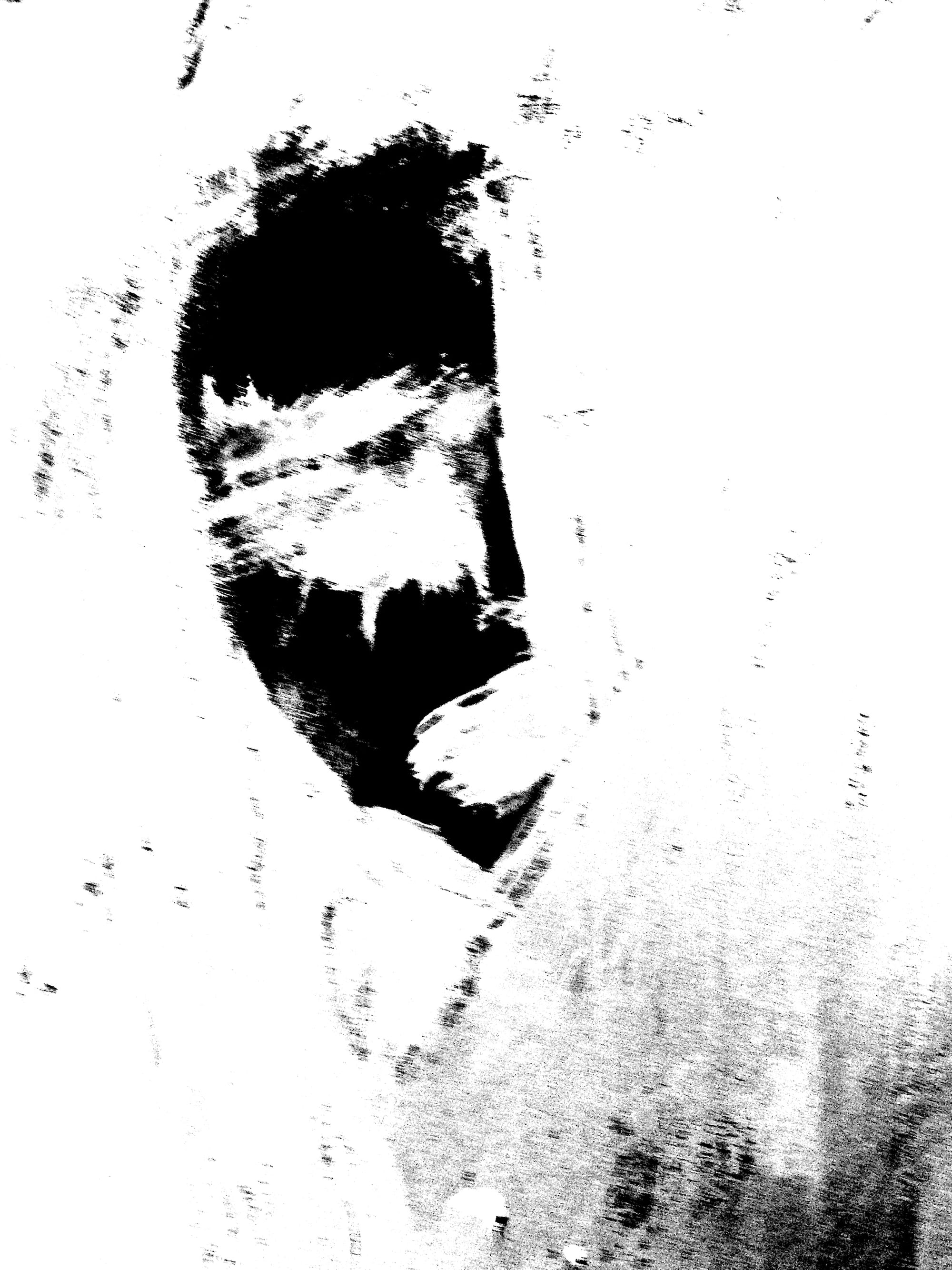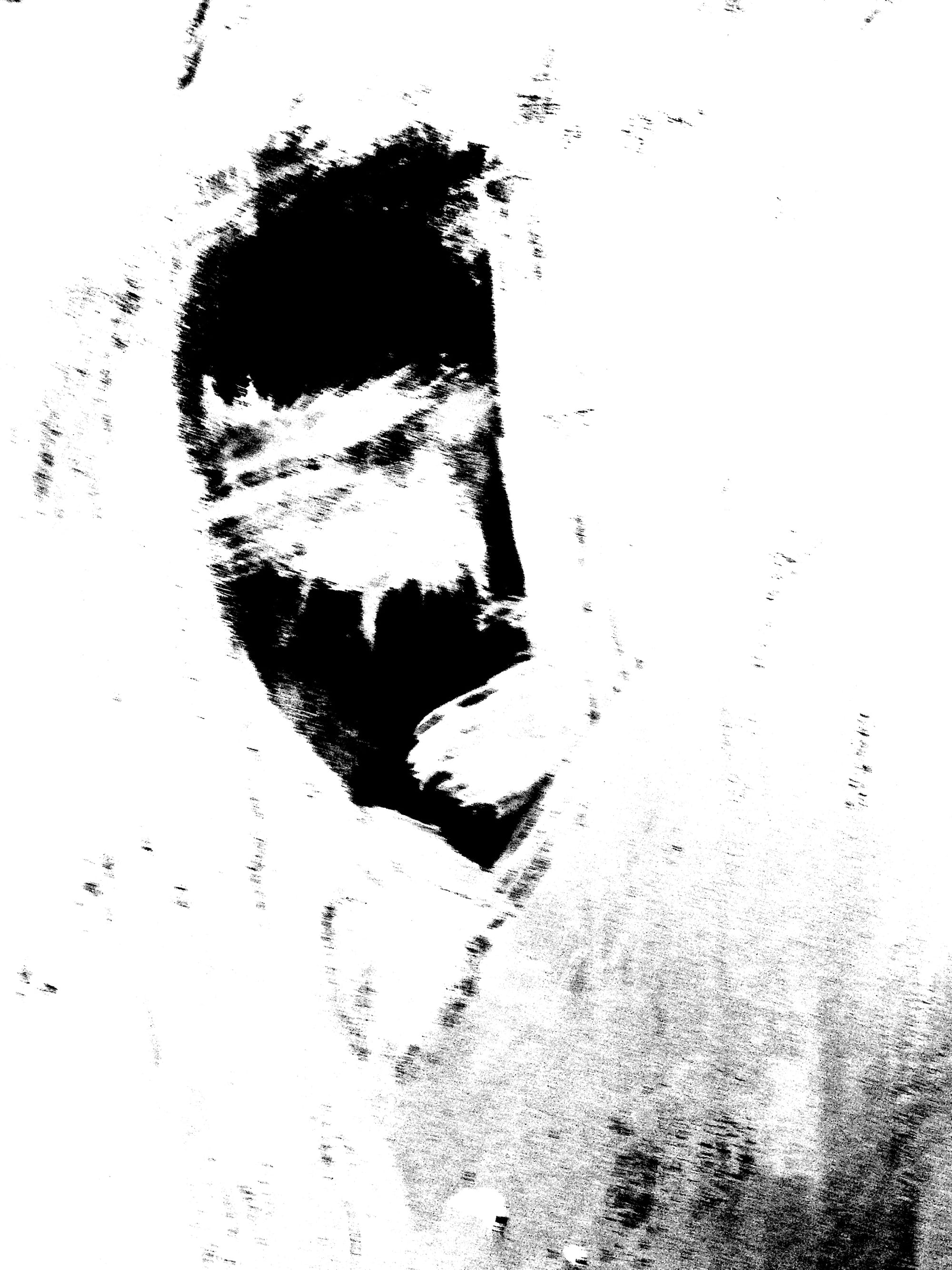47094: 22 Lonely People feel Like Animals

‘ You pride yourself on being modern, isn’t that true?’
‘The modern world undermines. The old institutions rot. That’s part of my world. What’s a poor girl to do?’
‘Are you laughing at me?’
‘Never. But I’m concerned about your fervour, your conviction, your situation.’
‘So now you think you know what the situation is?’
‘Well, I think there’s an appropriate descent. Right now there’s a fatalistic merry-go-round where we stagger from in to out over periods. Everything remains the same but everyone gets a turn but no more than her turn. It’s fairly safe and fairly egalitarian. It’s a kind of mitigated anarchy and resists the temptations of tyranny. That’s better than nothing I guess, though it’s not much. But there are other ways of seeing the situation …’
‘There are?’
‘ Well, alternatively set it up like musical chairs played over generations. It’s about removing chairs not adding them, but also about adding participants. So someone somewhere is always on the verge of being pushed out into the cold. They have to work on their intermediate status. Or else emigrate far enough to escape being seen as rivals. The centre mustn’t cast its long shadow across them. There are perils and dangers.’
‘Indeed there are. It’s best to have received a positive invitation.’
‘Yes. They are dispersed over a wide but discontinuous terrain. They don’t like to be too close to each other. Sanctity needs a centre and a frontier. My point is that looked at in either way, there’s little to feel good about. Little really gets changed. If the make-up of all the billionaires in the world reflected the make-up of the global population, well, that would be better than now. But really, it’s a small version of egalitarian. It’s not one that gets my blood flowing. I’m not stopping taking showers for that.’
The red gloom was a flow of grace that ran amongst a kind of holy lineage and its personnel, all the oddballs, all the wide boys and girls, the freaks and holy ancestors hallowing their nights. Chetan smoked quietly for a time as if his saintly power depended on habitual recognition. Like the rest of her city inhabitants, he was a transhumant migrating large distances. Complex movements ensured an irrigated survival. He managed reduplications of dwelling places and concentrations of populations across areas largely determined by transport routes – the underground, buses and overground too. Everything seemed to be characterised by a dispersed second habitation. The habit of frequent movement created territorial rights that arose and lapsed depending on restricted agreements and some general principles. He liked to think of his soul as a shrine that connected his bright ideas and charisma to a cult of low voltage adoring. He thought of his interior as largesse. And he wanted charity to flow into it, not the other way.
But her lines were kind of like those spoken to the emperor with no clothes. She seemed to think what he was saying was a delusion and her attitude amounted to a benevolent deafness in the end. It left him completely in the dark. He didn’t exactly blame her for her attitude but still, he couldn’t say there was anything to be proud about in it. Injustice made him angry. He wanted her to understand that about himself more than anything else. And he wanted her to know that his background was such that he hadn’t been allowed to be self-indulgent or lazy. His old man had been nothing. Did she understand that? Did she know that he couldn’t afford to waste his chances? He didn’t run about with women or go on foreign holidays. He stayed focused and studied hard. Was she aware of the feelings of inferiority that pulled at him? Didn’t she understand that he had never been in a position to let his imagination run free? Always he had known the difference between making it and not was a thin and fragile line. Anything could bring imbalance into his world. The life of an immigrant, he wanted to explain, that life was never easy. It made contemplation damned difficult because practical matters were always more important.
He had stuck it out. He had built himself a reputation and avoided complications. He now spoke with concision and strength. But what he felt was a knot of injustice around his heart and awful emotions. He was worked up. His back, neck and shoulders felt as if wire cords bit into him, held him down. This was always his situation, one where he felt rising anger and then shame at the emotions and the tears in his eyes that he held back. Because this was, he felt, the purpose of his life. And yet she didn’t seem to care. Or even notice the peculiar burdens he carried inside. He felt all she saw was someone blundering about. If he dissolved right there in front of her, would that be good riddance?
In his heart he didn’t know. He felt he had asked her a question and now he fruitlessly sought an answer. She seemed to be indifferent to it. There was a peculiar flavour of fatality in all this, something disheartening, blind and convulsed. He was a foreigner in his own city was what he felt more than ever at this point. There wasn’t enough of him to cover his obligations, so it seemed. He wished he had been rich enough to remain calm. Instead he sounded a little hysterical and his voice went too high. This in itself struck him as absurd and droopy.
She saw all this as a shifty and ambiguous actuality. Yet she liked his zeal and there was a delicate fervor in his face and hands that measured up. She disliked his opportunism and claims to asymmetrical rights.
‘ What the Irish managed was to take the English language and make it carry their own experience against the English. Digging a grave, what gets thrown out makes the mound that gets you closer to heaven,’ she explained.
But her shrewd look concealed a narrow smile deep inside herself. It wasn’t friendly and it was patronising, secret and potent. She reminded him that what ordinary people actually do – rather than what they think they do – was what she called sensational. And yet dull too. As in, it all blended in. And that was part of his problem. He took far too much pleasure in his ideals and didn’t for a minute rate what he did. Lonely people begin to feel like animals. What they need is to join the pack and hunt. That’s all he was needing. Like a true intellectual he was looking for a symbol that would transform everything and bring justice. But in his heart of hearts was nothing.

Read 47094 from the beginning here.
Read the complete novel 'The Ecstatic Silence' here.